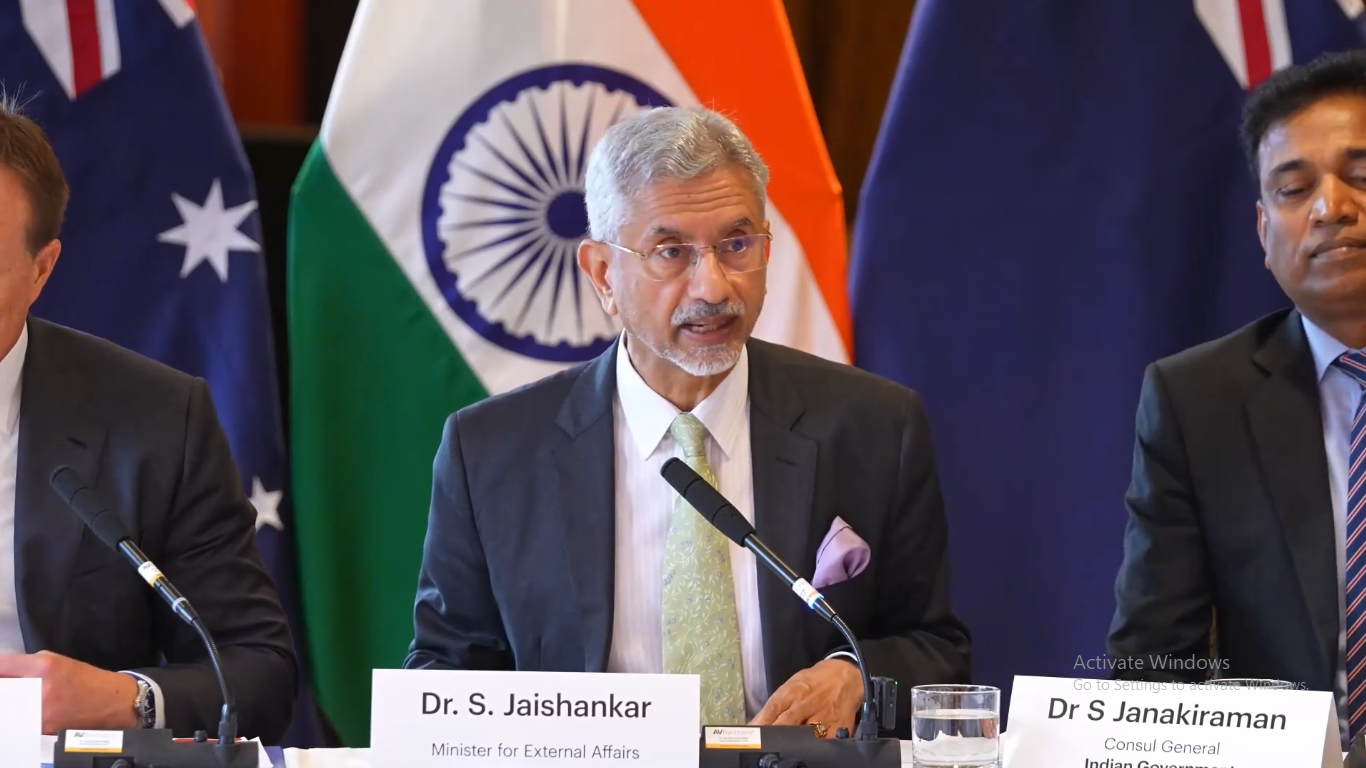Could a rare military business shut down leave Australia vulnerable

- by Admin
- September 5, 2024

A third-generation blacksmith fears Australia’s national security could be exposed when he is forced to close his rare bomb casing manufacturing business.
Nik Burgess runs Kymon Forging and Engineering out of a small factory tucked away in Gosford on the NSW Central Coast.
He claims to have the only forging hammer in the southern hemisphere capable of producing massive bomb casings for warheads carried by fighter jets.
READ MORE: ‘I should be feeling safe’: The Queensland community fighting back against youth crime
But the military blacksmith’s business has been losing money and without a contract with the defence department, he’s shutting up shop.
“Maybe they’re not aware of how serious forging is, but I think it’s more about saving money,” Burgess said.
“It’ll be devastating. This is what I love.”
It’s not only a hit for the three-generation blacksmith, but potentially a huge blow to our national security.

“If we close down, [the ADF are] going to lose the capability of Australia making munitions, artillery shells, tank barrels, cannon barrels, all sorts of components,” Burgess said.
‘It’s serious. We will not be able to defend ourselves.”
Strategic Analysis Australia research head Dr Marcus Hellyer believes our government should subsidise munitions-capable enterprises like Kymon Forging and Engineering to stay open so we aren’t forced to rely on overseas manufacturers.
READ MORE: Doctors push for earlier bowel cancer testing as young sufferers speak out

“This kind of industrial capability has been underfunded in Australia for a long time,” Hellyer said.
“We have this capability, and we should be doing everything possible to preserve it.”
Thales Australia is the largest supplier of explosive ordnance to the ADF, but Burgess said even it asked him if he could make the large bomb casing it can’t.
Australia’s defence department does have a couple of working factories, but most munitions are imported, which Hellyer believes is a dangerous wartime strategy.
“The people that you are reliant on maybe meeting their own needs or the supply lines may be cut, and you can’t get access to those very vital supplies,” Hellyer said.

Burgess said foreign power China had already come knocking to enquire about buying his giant forging hammer.
“Naturally, firstly, I want the business to keep going, but we can all see the seriousness of what’s happening in the world.
“And without forging being the foundation for defence that’s where it starts, we’re not going to have a way of protecting ourselves [or] a way of protecting the country,” he said.
In a statement, the defence department said aerial bombs for the Royal Australian Air Force are made in Australia, but the bomb casings, like those Burgess can make, are imported from the US.
FULL DEPARTMENT OF DEFENCE STATEMENT
Aerial bombs for the Royal Australian Air Force are made in Australia.
Australia also makes small arms ammunition used by the Australian Defence Force.
Some sub-components of these products are imported, such as bomb casings that are made in the United States.
The Australian Government is pursuing a comprehensive approach to build Defence’s guided weapons and explosive ordnance stocks, strengthening supply chains and supporting a domestic manufacturing capability.
This includes $16-21 billion in the 2024 Integrated Investment Program to support the establishment of the domestic manufacture of guided weapons, explosive ordnance and munitions.
The Latest News
-
November 10, 2024Nasty blow from Pakistan pacer rules Australia batsman out of entire series | Cricket News – Times of India
-
November 10, 2024As Australia puts more focus on climate change, New Zealand is accused of pulling back
-
November 10, 2024Pakistan cruise to ODI series win after Australia’s latest batting horror show
-
November 10, 2024‘Exposed’: Greats roast second-rate Aussies; why young gun’s in ‘real trouble’ — Talking Pts
-
November 10, 2024Pakistan steamroll Aussies’ next-gen XI to claim ODI series



